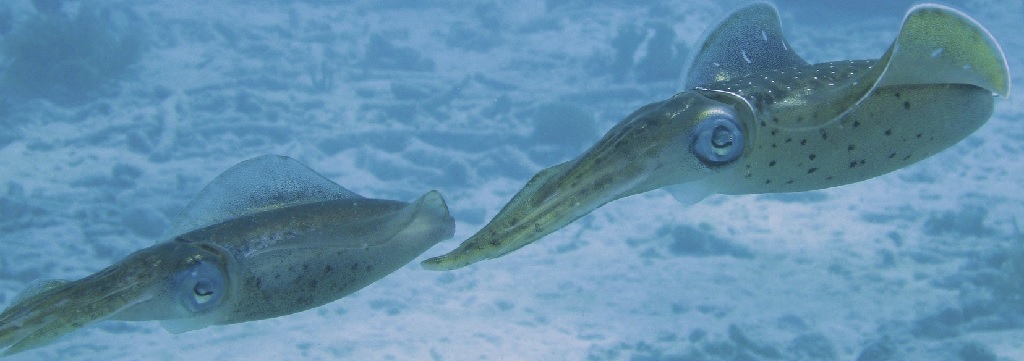Literature review about invertebrate sentience

Animal Ethics has released a review of the neuroscientific literature related to the topic of invertebrate sentience. The review examines three main features of nervous systems which are likely to be useful to our understanding of invertebrate sentience: number of neurons in the brain, presence of specific brain structures, and degree of centralization.
You can read the literature review here:
Invertebrate sentience literature review
Invertebrate sentience is understudied, and improving our understanding of it is crucial because 99.9998% of animals are invertebrates. We have little knowledge of what different kinds of invertebrate neural organization can give rise to consciousness and what kinds of experiences are possible with different types of organization. Some progress has been made, but it’s challenging because there is tremendous diversity in invertebrate nervous organization.
Most vertebrate nervous systems have greater centralization of information processing, with distinct brain structures for information integration. A lot of research has centered around the cortex and mid-brain structures in mammals and in looking for equivalent structures in other types of animals. There’s been increasing research based on the recognition that consciousness in invertebrates doesn’t necessarily require structures or neural organization similar to those found in mammalian brains.
There is no agreed upon way of measuring the degree of centralization of a nervous system. Some considerations are the clustering of neurons, the number of connections between them, and the speed of information processing. However, there are qualitative variables that can be considered at the same time, such as what kind of information is processed and how it is processed. This makes it possible that less centralized systems can generate consciousness.
The review was written by Jamie Gittins, a neuroscience student with an interest in animal welfare and sentience, as part of a volunteer internship with Animal Ethics.
Read the full invertebrate sentience literature review.